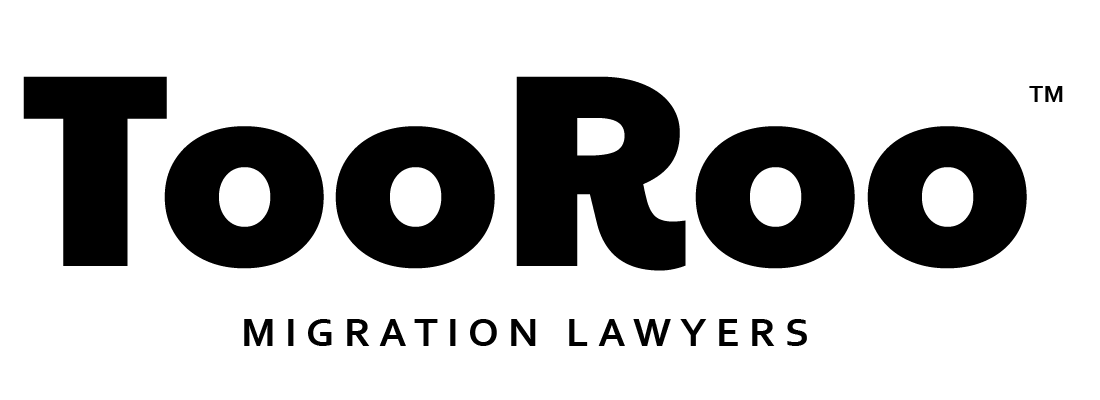New Visa Processing Structure Prioritises Health and Education Professionals in PMSOL Revamp
BRIEF
The health and education sectors will receive the highest priority when it comes to visa processing.
During the COVID-19 pandemic, PMSOL identified occupations that filled critical skills needs.
The Department of Home Affairs will continue to assess skilled visa applications in order of lodgement date.
In an effort to expedite the processing of skilled visa applications, reduce visa processing backlogs, and solve Australia's workforce deficit, the DHA has released new guidelines for prioritising skilled visa applications.
The new directive will process at least 15 different visa types, including the Skilled Nominated Visa (Subclass 190), the Employer Nomination Scheme (Subclass 186), the Regional Sponsored Migration Scheme (Subclass 187), the Business Innovation and Investment (Subclass 188) (Provisional), and the Skilled Nominated Visa (Subclass 189). (Skilled -Independent).
The most recent shift, which prioritises the education and health industries for expedited visa processing, went into effect on October 28, 2022.
The following is the priority order for skilled visa applications:
Visa applications in the healthcare or education profession.
For visas sponsored by employers, visa applications are when the applicant is nominated by an Approved sponsor who has received Accredited status.
Visa applications related to occupations are to be performed in a selected regional area.
For applications for permanent and provisional visa subclasses, with the exception of Subclass 188 (Business Innovation and Investment (Provisional)) visa.
All other visa applications.
Teachers, Health and Welfare Support Workers, Child Care Center Managers, Medical Scientists, Counselors, Psychologists, Social Workers, School Principals, Child Care Workers, Aged or Disabled Carers, Support Workers, and Personal Care Assistants are among the professionals who will be given priority under the health and education categories.
The DHA stated, “given the improvements in visa processing since the Government allocated more resources and employees to shorten processing times, applications with professions that appeared on the PMSOL or in priority sectors will remain to be handled effectively.”
The PMSOL and priority sectors implementation in September 2020 involved time-consuming and arduous evaluations, according to the DHA official.
"These added to the backlog of requests for skilled visas and were only essential while travel restrictions were in effect. The PMSOL was out-of-date since, according to a recent National Skills Commission examination of the labour market, just around a quarter of the professions listed there are not in national shortage "The spokesperson said.
"There were professions in industries with employment on the PMSOL, but there were also a large number of other professions in the same industry that wasn't on the list. The service will be better overall since they can now finish these tasks more rapidly, the spokesperson said.
There were 44 professions mentioned on the PMSOL, including general accountant, civil engineer, electrical engineer, engineer for transportation, veterinarian, analyst programmer, developer programmer, and software engineer”
Since June 1, 2022, the Department has approved over 43,000 applications for temporary skilled visas and 47,000 for permanent skilled visas.
According to the DHA, there are 260 more employees working on visa processing than there were at the beginning of May, and temporary skilled visa approvals in 2022–23 are up 120% when compared to the same period last year.
Contact us for any Immigration Needs
Immigration law is an area that is complex and has little room for error and using an immigration lawyer will ensure the protection of your visa application and future in Australia. Here at TooRoo Migration Lawyers, our team of expert solicitors will provide sound and thorough advice on visa applications, applying for citizenship, and understanding your legal rights and responsibilities.
Disclaimer
This blog provides general information and is not intended as legal advice specific to your circumstances. Please feel free to seek our professional legal advice if you have any questions, concerns and/or queries.


